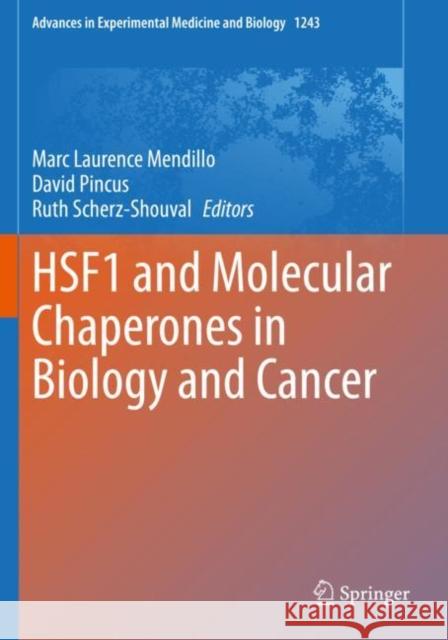Hsf1 and Molecular Chaperones in Biology and Cancer » książka
topmenu
Hsf1 and Molecular Chaperones in Biology and Cancer
ISBN-13: 9783030402068 / Angielski / Miękka / 2021 / 182 str.
Hsf1 and Molecular Chaperones in Biology and Cancer
ISBN-13: 9783030402068 / Angielski / Miękka / 2021 / 182 str.
cena 644,07
(netto: 613,40 VAT: 5%)
Najniższa cena z 30 dni: 616,85
(netto: 613,40 VAT: 5%)
Najniższa cena z 30 dni: 616,85
Termin realizacji zamówienia:
ok. 16-18 dni roboczych.
ok. 16-18 dni roboczych.
Darmowa dostawa!
Kategorie BISAC:
Wydawca:
Springer
Seria wydawnicza:
Język:
Angielski
ISBN-13:
9783030402068
Rok wydania:
2021
Wydanie:
2020
Numer serii:
000253056
Ilość stron:
182
Waga:
0.41 kg
Wymiary:
25.15 x 19.81 x 0.76
Oprawa:
Miękka
Wolumenów:
01











